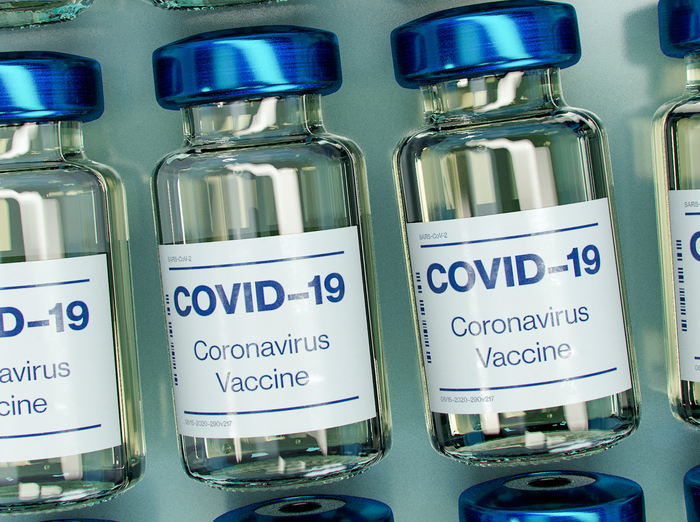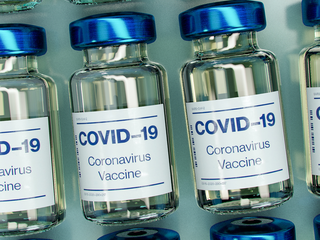Coronavirus vaccine approved for use next week: Our response
Gemma Peters, Chief Executive of Blood Cancer UK, responds to the news that the Pfizer/BioNTech coronavirus vaccine is approved for use and will be deployed as early as next week.

Gemma Peters, Chief Executive of Blood Cancer UK, said:
“This is brilliant news for the whole country, and no group will be cheering it louder than people with blood cancer, given how vulnerable they are to the virus. On behalf of everyone with blood cancer, I want to thank every single one of the researchers who have made this possible, as the pandemic has had a huge impact on our community’s mental health and this gives them real hope for the future.
“We're delighted that the Government has confirmed the vaccine is safe to give to people with blood cancer who are clinically extremely vulnerable, and that they will be prioritised along with people aged over 70.
“It’s important to emphasise that many vaccines are less effective for people with blood cancer because they have weakened immune systems, and we don’t yet know how effective this one will be for them. This means that in the short term, people with blood cancer who have had the vaccine will still need to avoid the virus. We are pleased to hear there will be active monitoring of what happens to people who have the vaccine. People with compromised immune systems who have had the vaccine need to be a particular focus of this, so that we can learn how much it protects them.
“The Government also needs to explain how it will make sure everyone who is clinically extremely vulnerable is invited to have the vaccine. We know that lots of people never got the shielding letter that was supposed to go to everyone who is clinically extremely vulnerable, and so it’s vital that no one is missed out this time.
“The only disappointment today is that adults who live with people with blood cancer won’t be a priority for the vaccine because there is not yet evidence that it prevents transmission, and we need to learn whether this is the case as quickly as possible. Given that it may not be as effective in people with blood cancer, if it does prevent transmission then vaccinating people who don’t have blood cancer would be an important way of protecting those who do.”

Visit our coronavirus hub
Visit our covid hub to read detailed information about the coronavirus vaccine and blood cancer.
